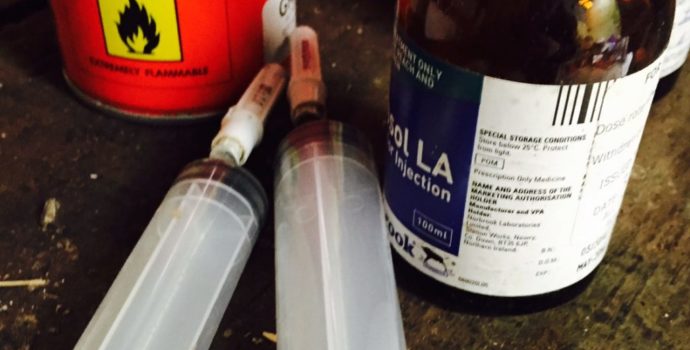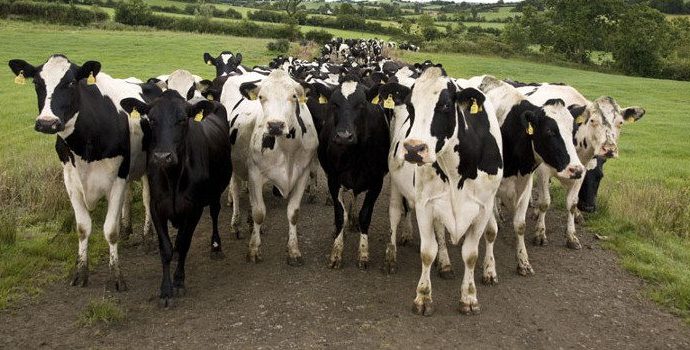Political Action Required to Break Up Input Price Cartels – IFA

IFA President Eddie Downey said that current price offers for new crop grain for the 2014 harvest are unsustainable as they are significantly below the cost of production. He said, “This downward price pressure driven by speculative investment coupled with increased costs arising out of greening requirements under the new CAP post-2014 threatens the viability of grain farming in Ireland”.
Mr Downey said, “Increasing speculative investment in soft commodities in recent years, particularly grains, by the investment community is resulting in excessive price volatility and this coupled with spiralling input costs is undermining the viability of many family farming units. There has been an abject failure by the political establishment both at EU and world level to limit speculative investment and break up price cartels operating on the input supply side, particularly for fertilisers. Urgent political action is needed on these two fronts to curb price volatility and excessive input costs”.
IFA National Grain Committee Chairman Liam Dunne said, “Variable production costs for spring barley this season is in excess of a €1,000/ha, with winter wheat at €1,400/ha. Based on a trend yield of 6.4t/ha it would take a green price of €156/t for spring barley to cover out variable costs alone. Current price offers are significantly below this level and growers will struggle to meet their bills”.
Liam Dunne said, “Once again, grain farmers will be forced to subsidise grain production from their Single Farm Payment or other reserves and this is not a sustainable position. There is a longer term issue at stake here as any business that is not generating enough profit to allow for reinvestment is not sustainable. Input suppliers in many instances have hiked product prices in recent years on the back of rising grain prices. They must recognise the new reality, trim their margins and pass back increased rebates to growers through the merchant trade. Brokers and merchants likewise must reduce their margins as growers struggle to sustain their businesses.”




